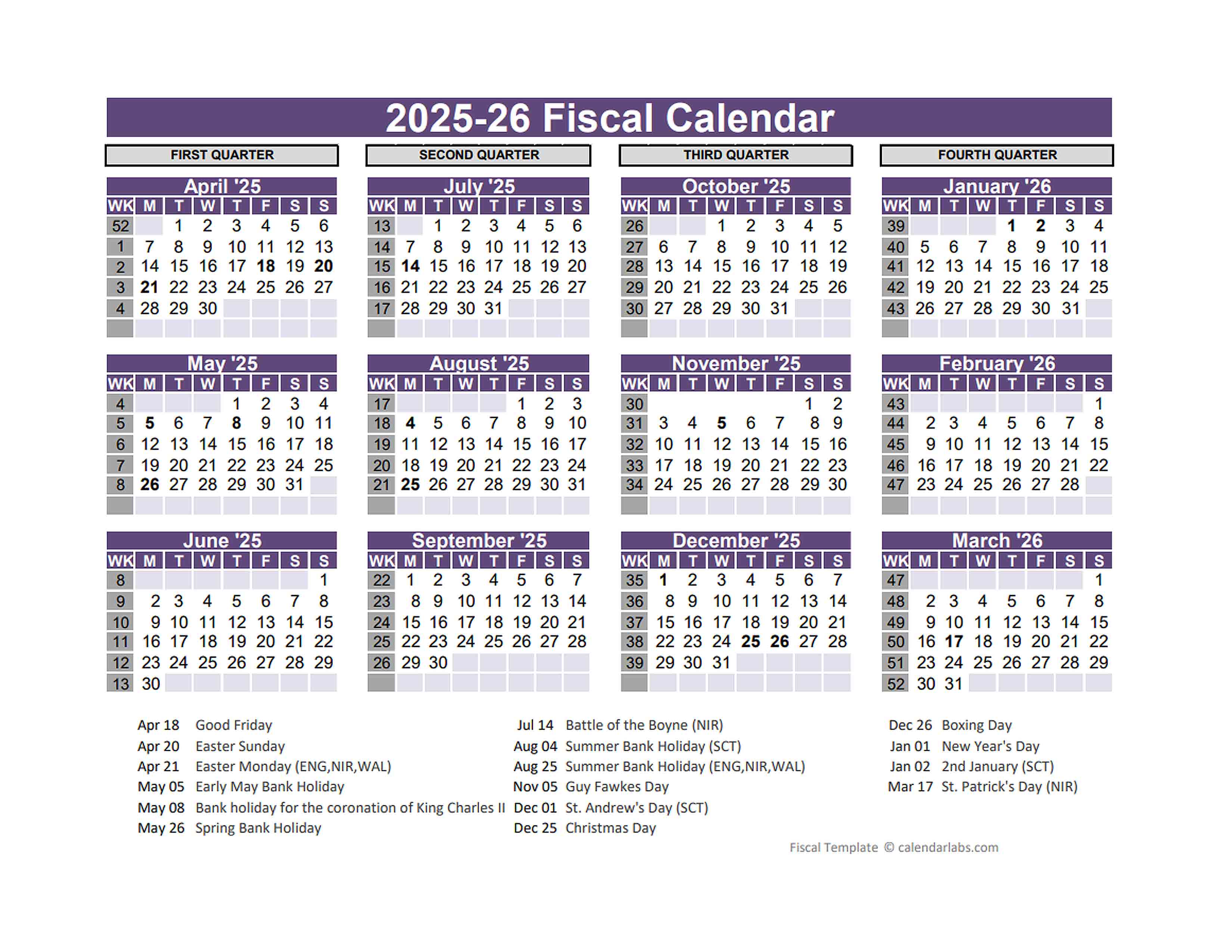
Introduction:
As the world ventures into 2025, governments across the globe are grappling with the complexities of reshaping their fiscal policies. The year 2025 is poised to witness significant shifts in taxation, minimum wage regulations, and health insurance reforms, setting the stage for a transformative impact on economies and societies.
Tax Reforms: Shifting the Burden
A plethora of countries are implementing sweeping tax reforms in 2025. These changes aim to restructure tax systems, redistribute wealth, and fuel economic growth. Key elements of tax reforms include:
- Progressive Income Tax Rates:
Progressive income tax rates impose higher taxes on higher earners, aiming to reduce income inequality. Countries like the United States and the United Kingdom are considering implementing more progressive tax structures.
- Corporate Tax Overhaul:
Simplifying corporate tax codes and reducing corporate tax rates is a focus of many governments. This aims to attract foreign investment and boost job creation.
- Carbon Taxes:
To combat climate change, several countries are introducing carbon taxes, incentivizing businesses to reduce their carbon emissions.
Minimum Wage Adjustments: Striking a Balance
In response to rising living costs and the need for a living wage, many governments are adjusting their minimum wage policies. Key considerations include:
- Regional Variations:
Minimum wage rates are often set at different levels depending on the cost of living in different regions. For example, the United States has introduced a higher minimum wage in cities like San Francisco and New York.
- Impact on Employment:
Raising the minimum wage can lead to job losses in certain sectors, particularly in small businesses with tight profit margins.
- Economic Stimulus:
Increased wages can boost consumer spending, stimulating economic growth. However, this effect needs to be balanced against the potential inflationary pressures.
Health Insurance Reforms: Ensuring Accessibility and Affordability
Addressing the rising costs of healthcare and ensuring access to affordable healthcare are key priorities for governments in 2025. Health insurance reforms include:
- Universal Coverage:
Countries like Canada and the United Kingdom provide universal healthcare coverage, ensuring everyone has access to essential healthcare services.
- Subsidized Insurance:
Subsidized health insurance programs can make health insurance more affordable for low-income individuals and families.
- Cost Control Measures:
Governments are implementing measures to control healthcare costs, such as negotiating lower drug prices and promoting generic medications.
Perspectives and Analysis
The 2025 fiscal shifts have sparked diverse perspectives and analyses. Some argue that tax reforms will reduce income inequality and stimulate economic growth. Others contend that they will burden businesses and lead to job losses. Similarly, minimum wage adjustments face the challenge of balancing fairness for workers with potential job losses. Health insurance reforms, while aiming to ensure accessibility, must grapple with the delicate balance between cost control and quality of care.
Real-Life Examples
The United States is planning to increase the minimum wage to $15 per hour by 2025, aiming to lift millions out of poverty. Canada, on the other hand, has implemented universal healthcare coverage, providing all its citizens with access to healthcare without financial barriers.
Conclusion: Implications and Reflections
The 2025 fiscal shifts mark a significant turning point in economic and social policies. Tax reforms, minimum wage adjustments, and health insurance reforms are set to reshape economies, impact job markets, and influence the lives of millions. Balancing fairness, economic growth, and affordability will be key challenges for governments in the years to come. Furthermore, these shifts highlight the ongoing need to address income inequality, ensure access to essential services, and promote sustainable economic development.
0 Comments: